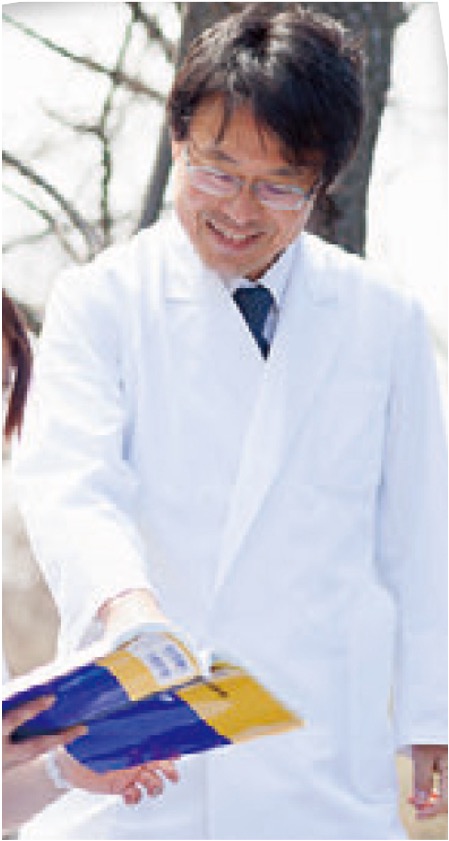
At this institute, over 70 faculty members are engaged in health science research in six fields, including Fundamental Nursing, Comprehensive Development Nursing, Biomedical Science and Engineering, Medical Laboratory Science, Rehabilitation Science, and Health Sciences and Technology. Health sciences encompass a broad research area that includes medical topics such as what it means to be healthy, what is necessary to maintain health, and what to do when health is compromised. The faculty members of this institute include not only researchers with medical professional qualifications such as doctors, nurses, radiologic technologists, medical technologists, physical therapists, and occupational therapists, but also researchers from diverse backgrounds, including veterinary medicine, pharmacology, engineering, and education.
We are now faced with many challenges, including global warming and climate change, large-scale disasters beyond expectations, pandemics of emerging infectious diseases, conflicts, and declining birth rates in an aging society. Even in such circumstances, the most important thing is the health of the people, and I believe that the mission of our research institute is to consider what we can do to maintain people’s health. There are numerous challenges we must confront, but let’s utilize the diversity that is our institute’s strength to cooperate with each other and integrate our wisdom to solve these problems step by step.
Professor Akihiro ISHIZU
Dean of the Faculty of Health Sciences
